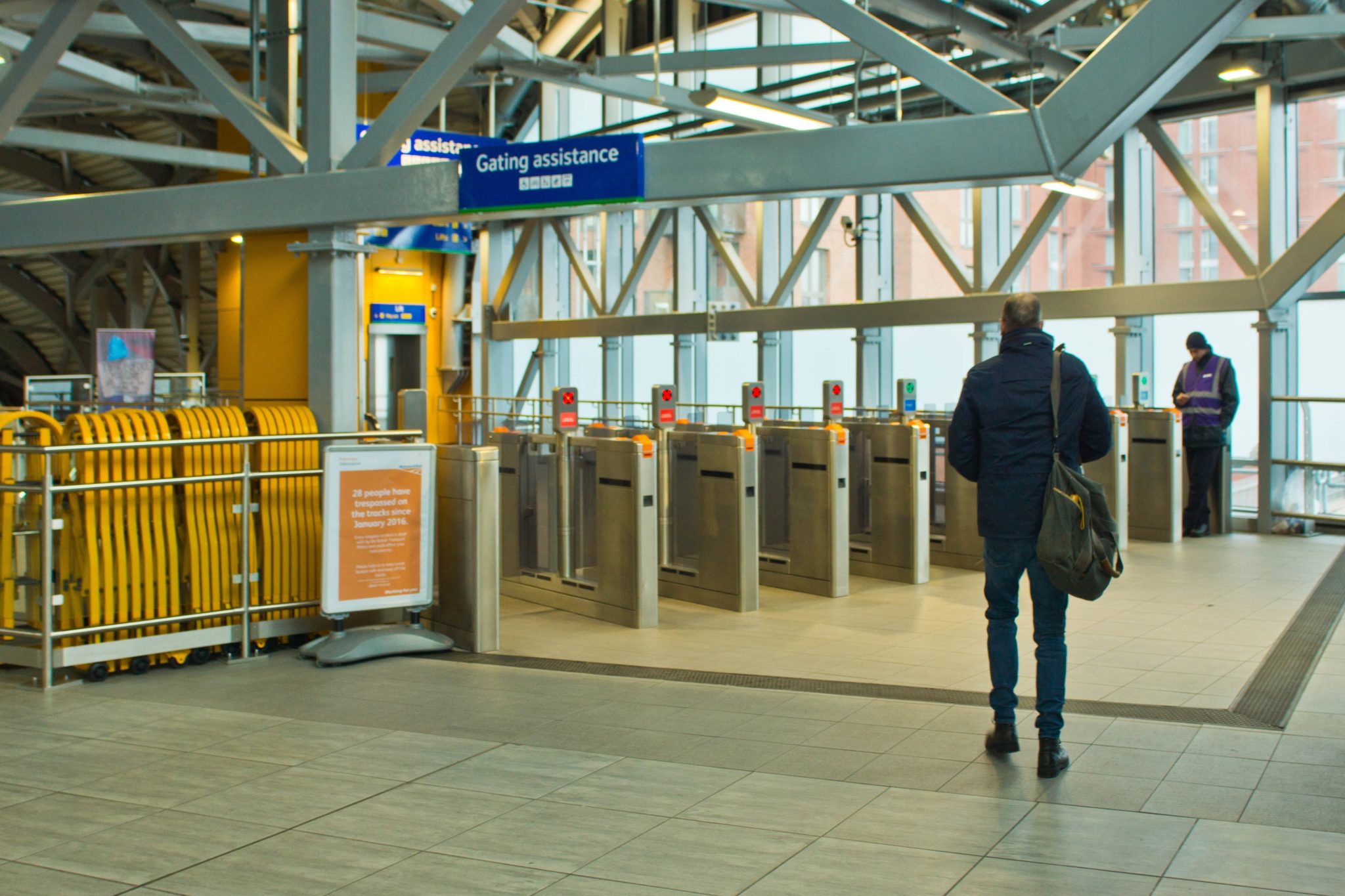Managing Covid-19

'State of alarm': Spanish business and the Covid-19 lockdown
Published on 16th March 2020
On 14 March 2020, the Spanish Government declared a "state of alarm" through the Royal Decree 463/2020, as an attempt to deal with the health crisis amid the Covid-19 pandemic. The state of alarm allows the Spanish Government to lockdown the country, restricting the movement of citizens across the entire territory in order to prevent the virus' spread. Those measures went into action on Saturday, 14 March for a period of, at least, 15 days. New measures regarding economic and employment matters are due to be announced by the government on Tuesday, 17 March.

What measures will affect business operations in Spain?
- Restrictions on movement. Citizens and vehicles will only be allowed to move to: purchase food, pharmaceuticals and essential items; attend health centres; work and return to the usual residence, assist vulnerable people (such as elderly and children); go to the bank; refuel gas; carry out activities that are considered force majeure or justified.
- Limits to commercial activity, restaurants and leisure centres. All establishments that carry out public facing activities are closed (with the exception of those that provides food, such as supermarkets, pharmaceutics and essential items, and restaurants that provide food deliveries).
- Employment measures: The Government has decided that employees should continue to work, but, if possible, engage in teleworking. New measures will be announced on Tuesday.
- Schools and universities: The courses in schools and universities are suspended, but online courses are promoted, if possible.
- Public transportation: Spanish public transportation will continue to operate, but reduced by 50%. The authorities will guarantee the circulation of goods.
- Health measures: All health services are guaranteed and the Government is entitled to give the necessary orders to ensure supplies, take control of industries, temporarily confiscate goods and close roads to do so.
What measures can be put in place to establish social distancing in the workplace?
- Promote remote or teleworking. Employees should be supported as much as possible to opt for teleworking through the provision of laptops, VPN and IT support to allow remote connection.
- Replace physical meetings. Use conference calls or video conferencing facilities (such as Skype, Zoom) where possible.
- Flexible hours. Allow employees, even when homeworking, to work flexible hours if possible (for example, when they have to take care of children who cannot go to school)
- Hygiene management. If teleworking is not possible, take steps to ensure the health and safety of the employees in the workplace by reinforcing risk and prevention measures. These could include implementing a protocol of hygienic measures, such as a distance of 1.5 meters between employees and ensure the hygiene of facilities, machinery, laptops and workplace materials. Employees should also provide sanitizing gels, frequent ventilation and similar measures.
- Voluntary paid leave. In case employees have to take care of young children at home during working days and have less than ideal conditions for homeworking, employers should negotiate with their employees the option to take paid leave. This includes ADV/RTT leave days, annual holidays and seniority days. Employers cannot impose this option on employees.
- Collective layoffs. Other measures can be foreseen by employers such as collective redundancies and collective temporary contract suspensions. Employers considering such steps should be aware of the legal requirements, for example around consultation, and take advice where appropriate.




